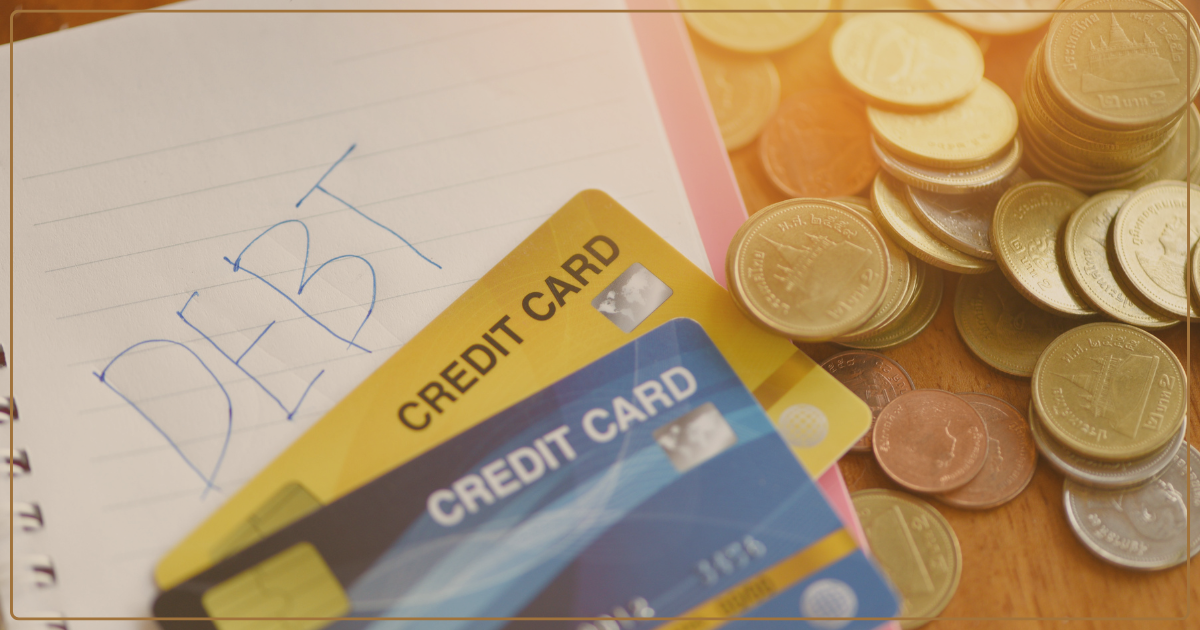
18 Nov How to Handle Debts During the Probate Process
Dealing with debts during the probate process can be overwhelming, but it’s a crucial step in settling an estate. Here’s how to navigate it:
- Identify Outstanding Debts: Begin by gathering a list of all debts owed by the deceased, including credit cards, mortgages, loans, and medical bills.
- Notify Creditors: Creditors must be notified of the probate proceedings. They typically have a specific timeframe to submit claims against the estate.
- Prioritize Payments: Not all debts are treated equally in probate. Florida statutes organize creditors by classes and provide an order of priority for each class. Typically, administrative expenses, funeral costs, and taxes are paid first, followed by secured debts like mortgages. Unsecured debts, such as credit cards, are usually last in line.
- Consider Negotiation: In some cases, negotiating with creditors can reduce the amount owed, especially if the estate lacks sufficient assets to cover all debts.
- Seek Legal Guidance: Given the complexities of probate, especially when debts are involved, consulting with an attorney can ensure that all obligations are handled correctly and in compliance with state laws.
- Distribute Remaining Assets: Only after all debts and taxes are paid can the remaining assets be distributed to the heirs.
Handling debts during probate requires careful attention to detail and a thorough understanding of the legal process. Taking the right steps can protect the estate from potential legal issues and ensure that creditors are paid appropriately.
Ensure your loved one’s estate is settled properly—Contact Us Today or call (772) 539-9831 to schedule a consultation and receive personalized advice tailored to your situation.

Sorry, the comment form is closed at this time.